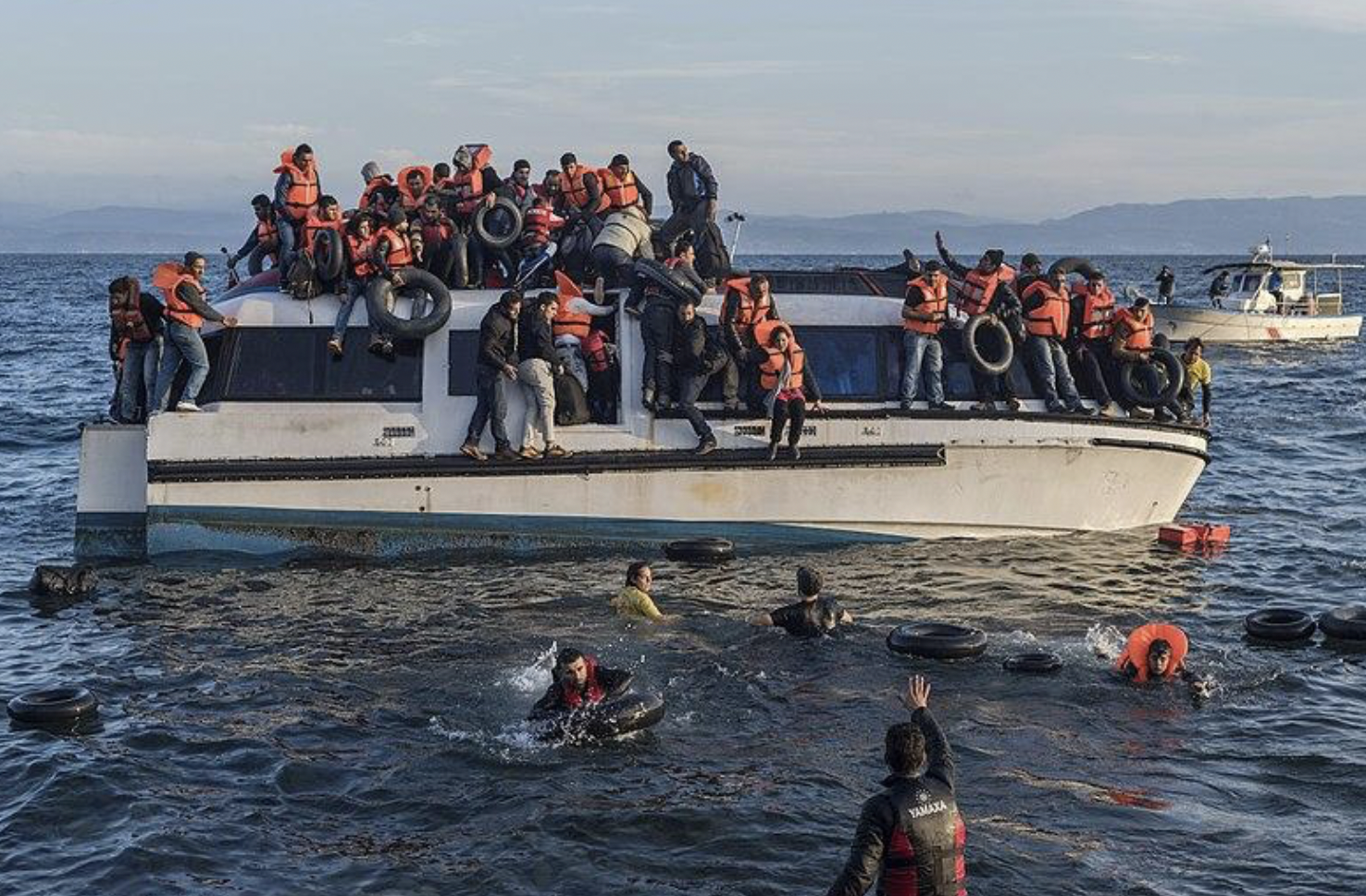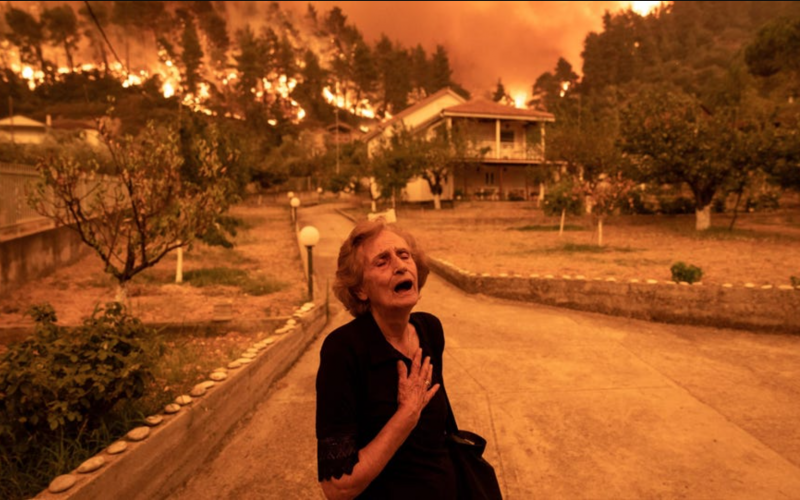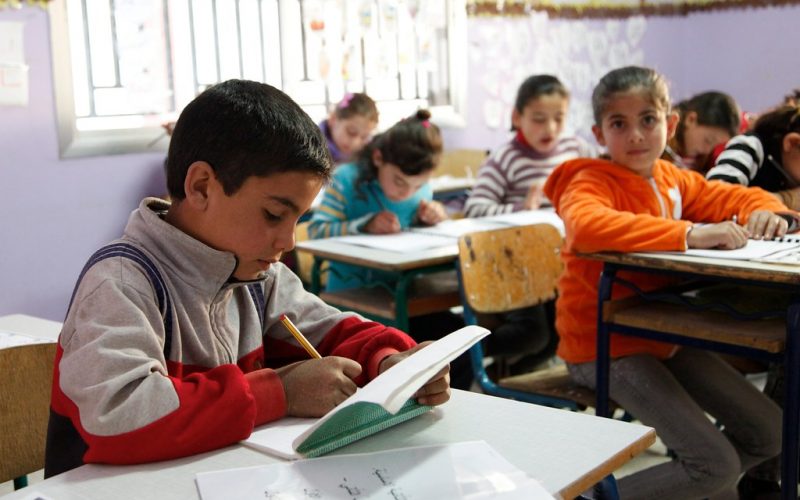Hydropolitics at the Core of the Israeli-Palestinian Conflict: An Examination of Water Control The recent escalation of violence in the Middle East highlights the enduring complexity of the regional situation, rooted in nearly 75 years of tumultuous history. While this article does […]

“The enjoyment of the highest attainable standard of health is one of the fundamental rights of every human being without distinction of race, religion, political belief, economic or social condition,” according to the World Health Organization. Health as a human right, however, has been widely overlooked as it becomes increasingly threatened by the effects of climate change. The health effects are not only diverse but also overwhelmingly negative and wide-ranging. These effects being both direct and indirect will therefore impact all individuals as well as economies worldwide. Populations are pressured to change their diets, rapid changes to ice, snow, and land result in more life-threatening accidents, and natural sources of drinking water are disappearing and diminishing in quality. It is estimated that between 2030 and 2050, there will be 250,000 additional annual deaths resulting from heat exposure, malaria, diarrhoea, and childhood malnutrition. The protection of the environment has thus become a crucial part of the contemporary human rights doctrine. According to the Office of the High Commissions for Human Rights, “Human rights law requires each State to do more than merely refrain from interfering with human rights itself; it also requires the State to undertake due diligence to protect against such harm from other sources.” The State has a duty to its people to safeguard their well being even if it means regulating environmentally harmful corporations and industries. Therefore, it is the evident inaction by global institutions, such as governments, relating to the exacerbation of climate change that violates the fundamental human right to health.

Contemporary international relations between the United States and Iran are a classic case of prioritizing inter-state objectives over human welfare. Amid rising tensions, people have become more focused on the race for superiority between Iran and the United States, rather than the resulting human suffering and violence.

The political and economic situation in Syria as well as the ongoing civil war due to dissatisfaction with the Assad government has resulted in and perpetuated the current refugee crisis. As of October 2019, the total number of Syrian refugees and displaced peoples has risen to 12.9 million. Since 2011, the Middle East has witnessed a proliferation in popular mobilization against their respective autocratic governments triggered by political reform, a variety of religious and sociopolitical factors, and the deterioration of the economy[i]. However, the international community has up until recently largely overlooked a major underlying issue. As of recent years, studies have linked the current state of climate emergency to the continuous aggravation of the refugee crisis in this region.







